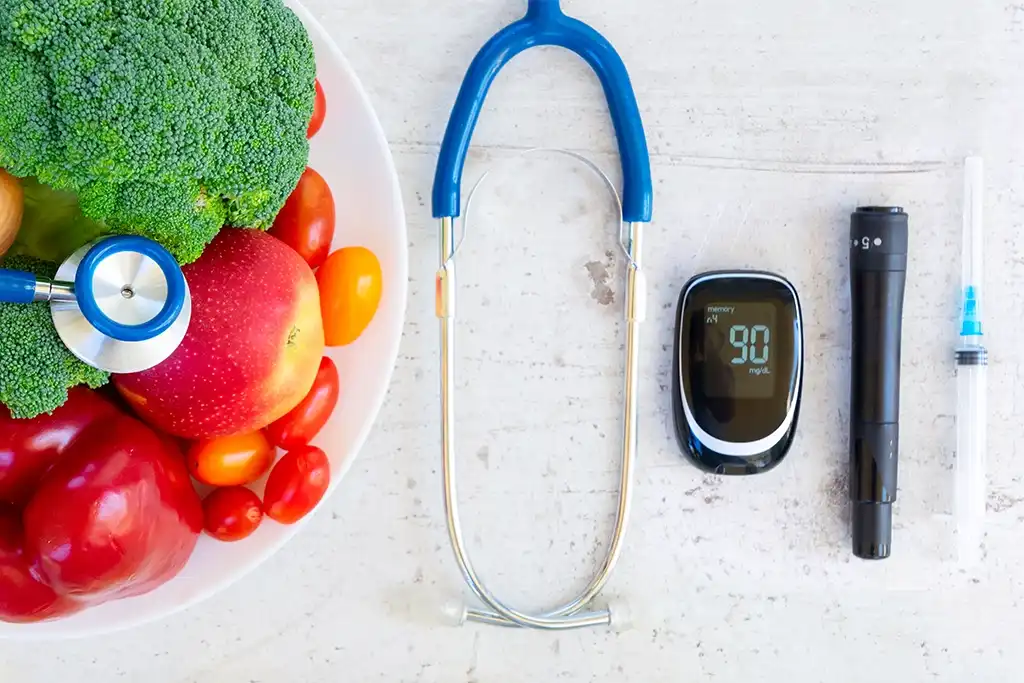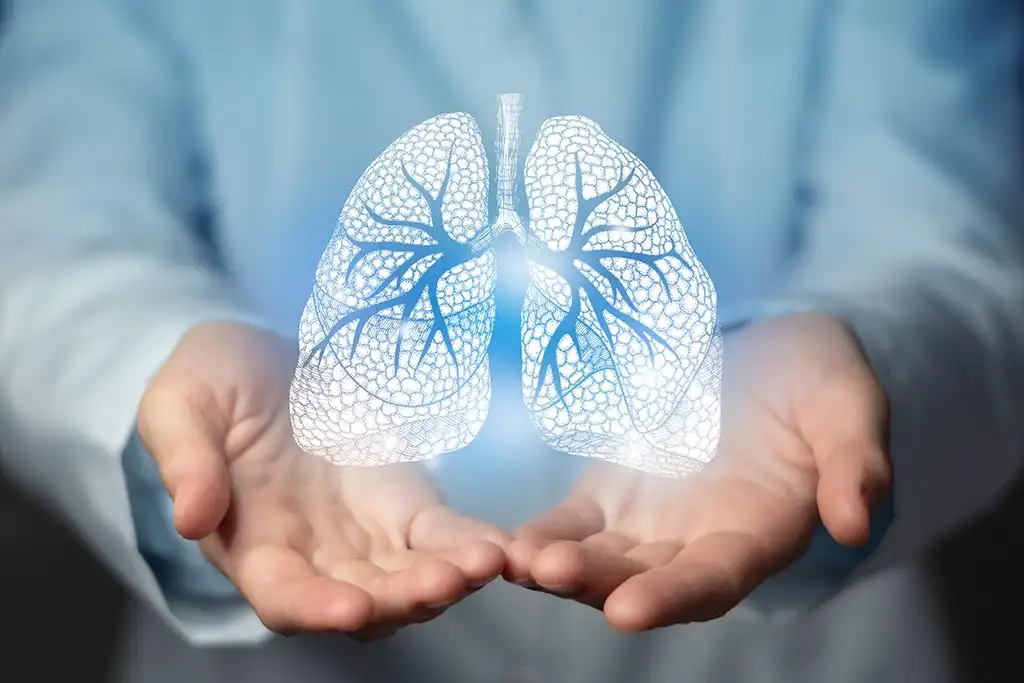How to Strengthen Your Lungs and Breathe Better. Breathing is one of those actions our bodies do without even thinking about it. We need to breathe in order to live, and it’s only when we’re struggling with it due to an illness or another medical condition, that we actually stop and think about our lungs and what they do. So, how do we pay better attention to our lungs in general, and how do we strengthen them to breathe better? Here is how to keep your lungs healthy.
The Role of Lungs
Lungs are a large organ that’s a part of the respiratory system, helping us breathe, and therefore, keeping us alive. As we breathe in, fresh oxygen from the air comes into our lungs, and gets carried into our bloodstream. The blood takes it all the way to each and every cell in our bodies, where it gets exchanged for carbon dioxide. This gas gets back to the lungs once again, through the bloodstream, where it ends with an exhale.
The lungs are divided into left and right, and they are each divided into parts called lobes. The right lung is divided into three lobes and the left one has two lobes. They are connected with other parts of the body through bronchial tubes and bronchioles which end in alveoli, the actual sacks that perform the oxygen-carbon dioxide exchange.
The health of our lungs declines with age, just like every other organ and tissue in our bodies. However, given the importance of its role, paying more attention to it on a daily basis is crucial for our well-being and long-term longevity.




